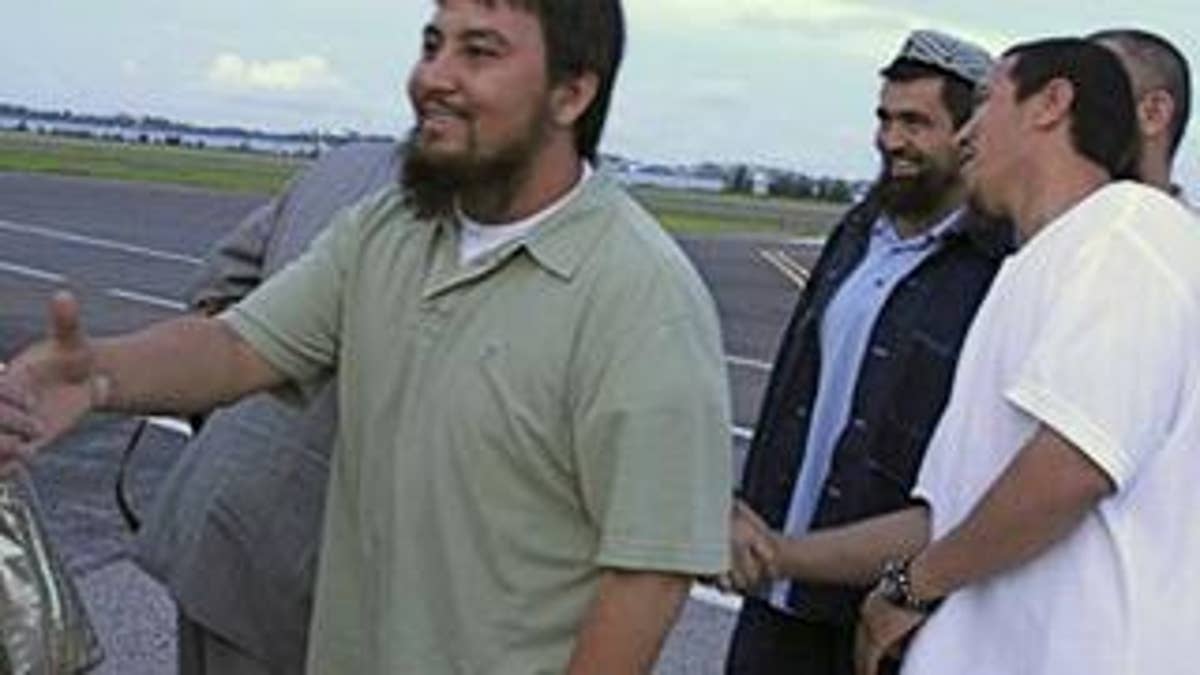
WASHINGTON - The Obama administration's drive to close the U.S. detention facility at Guantanamo Bay, Cuba, has hit a new snag: At least some of the 13 detainees accepted for resettlement by the island nation of Palau don't want to go there.
Meanwhile, protests have erupted in Bermuda over its recent resettlement of four Uighur detainees, with the country's leader facing a no-confidence vote by his parliament. Dissent in the British island territory, which sits in the Atlantic Ocean east of North Carolina, came after Bermuda's acceptance of the men strained relations with London, which complained that the island's home-rule government failed to advise it about the decision.
Palau, a tiny South Pacific country, seemed to offer a potential solution to a problem that has vexed the Bush and Obama administrations since the Defense Department began clearing 22 Uighurs from China for release, after deciding they were erroneously deemed enemy combatants in the wake of the Sept. 11, 2001, terrorist attacks.
After meeting with the Palauans and consulting their attorneys, the Uighurs showed little enthusiasm for transfer to the island, an administration official said.
A State Department spokesman couldn't be reached for comment. Calls to the Palau Embassy in Washington weren't returned. A spokesman for the Justice Department, which is leading a task force President Barack Obama has directed to review the Guantanamo detentions, declined to comment on the delays, saying "It would be premature to talk about any concrete proposals or requests at this time, as discussions are still ongoing."
The Obama administration official said the Palauans understand the U.S.�which subsidizes Palau's economy and oversees its defense�is under pressure to transfer detainees. The official said they have concerns about the lack of a Uighur community in Palau, and restrictions on becoming a citizen there.
George Clarke, a Washington lawyer who represents two Uighurs cleared for release, said his clients "are both very interested in getting out of Guantanamo and they are very open to the idea of going to Palau." But other Uighurs aren't interested in transfer to the islands, he said. "There's a difference of opinion," he said.
Palau has no Muslim community, and the majority of residents are Roman Catholic. Clarke said his clients are particularly concerned about the legal status they would hold on Palau, and whether they could obtain documentation such as a passport.
Click here to read the full story from the Wall Street Journal.




